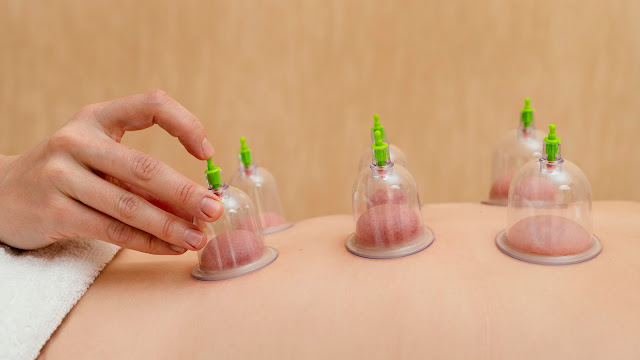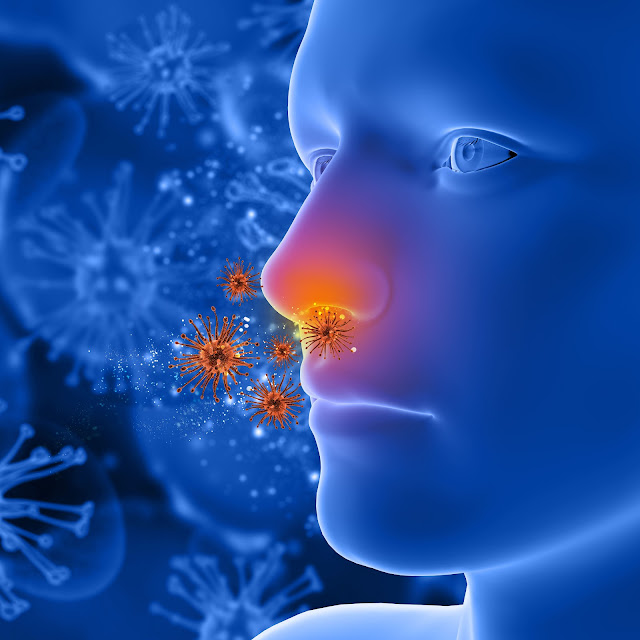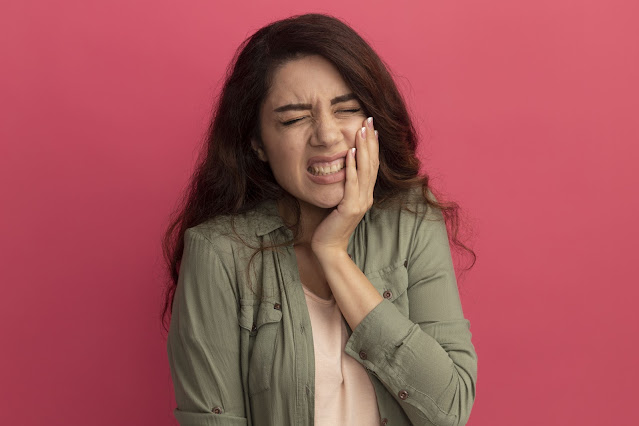acupuncture to get pregnant
 |
| Image by Freepik |
Are you struggling to conceive? Have you considered acupuncture as a treatment option? Acupuncture has been used for centuries to promote fertility and help women get pregnant. In this article, we will explore the benefits of acupuncture for fertility and provide you with a comprehensive guide on how to use acupuncture to get pregnant.
- 1. Introduction
Acupuncture is a traditional Chinese medicine practice that involves inserting thin needles into specific points on the body to stimulate the flow of energy and promote healing. Acupuncture has been used for centuries to treat a variety of conditions, including infertility. In recent years, acupuncture has become increasingly popular as a complementary treatment option for women struggling with infertility.
2. Understanding Fertility and How Acupuncture Can Help
2.1 The Causes of Infertility
Infertility is defined as the inability to conceive after one year of unprotected sex. Infertility affects approximately 15% of couples in the United States. There are many factors that can contribute to infertility, including:
- Age
- Hormonal imbalances
- Polycystic ovary syndrome (PCOS)
- Endometriosis
- Blocked fallopian tubes
- Low sperm count or poor sperm motility
- Stress and anxiety
2.2 How Acupuncture Can Improve Fertility
Acupuncture can help improve fertility in several ways:
- Regulating menstrual cycles and ovulation: Acupuncture can help regulate hormonal imbalances that can affect menstrual cycles and ovulation.
- Increasing blood flow to the reproductive organs: Acupuncture can improve blood flow to the ovaries and uterus, which can promote healthy follicle development and increase the chances of implantation.
- Reducing stress and anxiety: Stress and anxiety can interfere with ovulation and reduce fertility. Acupuncture can help reduce stress and anxiety by promoting relaxation and reducing cortisol levels.
- Improving the quality and quantity of sperm: Acupuncture can help improve sperm quality and quantity by increasing blood flow to the testicles and reducing inflammation.
2.3 Research on Acupuncture and Fertility
There is a growing body of research on the effectiveness of acupuncture for fertility. A meta-analysis of 30 studies found that acupuncture improved the odds of pregnancy by 65% in women undergoing in vitro fertilization (IVF). Another study found that acupuncture before and after embryo transfer during IVF increased the live birth rate by 20%.
3. Preparing for Acupuncture Treatment
3.1 Finding an Acupuncturist
When choosing an acupuncturist for fertility treatment, it is important to find someone who is licensed and experienced in treating infertility. You can ask for referrals from your doctor, friends, or family members who have undergone acupuncture for fertility. You
3.2 Initial Consultation and Assessment
Before beginning acupuncture treatment, you will have an initial consultation with your acupuncturist. During this consultation, your acupuncturist will ask about your medical history, lifestyle, and any fertility treatments you have undergone. They may also perform a physical exam and look at your tongue and pulse to assess your overall health and energy flow.
3.3 Treatment Plan and Frequency
Based on your initial consultation and assessment, your acupuncturist will develop a treatment plan tailored to your specific needs. The frequency and duration of your acupuncture treatments will depend on several factors, including the severity of your fertility issues and your overall health. Generally, acupuncture treatments for fertility are done once or twice a week for several months.
4. What to Expect During an Acupuncture Treatment
4.1 The Acupuncture Process
During an acupuncture treatment, your acupuncturist will insert thin needles into specific points on your body. The needles are typically left in place for 20-30 minutes. You may feel a slight tingling or numbness when the needles are inserted, but most people find acupuncture to be painless.
4.2 Common Acupuncture Points for Fertility
There are several acupuncture points that are commonly used for fertility treatment, including:
- Spleen 6: This point is located on the inside of the leg, about four finger widths above the ankle bone. It is believed to improve blood flow to the uterus and ovaries and regulate menstrual cycles.
- Stomach 29: This point is located just below the navel and is believed to promote fertility and regulate menstrual cycles.
- Kidney 3: This point is located on the inside of the ankle and is believed to improve kidney function and balance hormones.
- Governing Vessel 20: This point is located on the top of the head and is believed to improve overall energy flow and promote relaxation.
4.3 Acupuncture Safety and Risks
Acupuncture is generally considered safe when performed by a licensed and experienced practitioner. However, there are some risks associated with acupuncture, including:
- Bruising or bleeding at the site of the needle insertion
- Infection
- Punctured organs (rare)
- Fainting or dizziness
5. Lifestyle Changes to Support Fertility and Acupuncture Treatment
In addition to acupuncture treatment, there are several lifestyle changes you can make to support your fertility and improve the effectiveness of your acupuncture treatment.
5.1 Diet and Nutrition
Eating a healthy diet rich in nutrients and antioxidants can improve fertility. Some foods that are particularly beneficial for fertility include:
- Leafy greens
- Berries
- Whole grains
- Lean proteins
- Healthy fats
5.2 Exercise and Physical Activity
Regular exercise can improve fertility by reducing stress, regulating hormones, and improving blood flow to the reproductive organs. However, excessive exercise can have the opposite effect and reduce fertility. It is important to find a balance and engage in moderate exercise for 30 minutes a day.
5.3 Stress Management
Stress can interfere with ovulation and reduce fertility. Finding ways to manage stress, such as meditation, yoga, or deep breathing exercises, can improve fertility and support your acupuncture treatment.
6. Success Stories and Tips for Using Acupuncture to Get Pregnant
Many women have successfully used acupuncture to get pregnant. Here are some tips to help you get the most out of your acupuncture treatment:
- Be patient and give the treatment time to work. Acupuncture is not a quick fix, and it may take several months to see results.
- Be consistent with your treatments and follow your acupuncturist's advice on lifestyle changes
- Find a qualified and experienced acupuncturist who specializes in fertility treatment.
- Communicate openly with your acupuncturist about your fertility concerns and any changes in your health or lifestyle.
- Consider combining acupuncture with other fertility treatments, such as IVF or herbal supplements, for best results.
7. Conclusion
Acupuncture is a safe and effective alternative therapy for women struggling with infertility. By stimulating specific points on the body, acupuncture can regulate hormones, improve blood flow to the reproductive organs, and reduce stress, all of which can improve fertility. However, acupuncture is not a quick fix and may take several months of consistent treatment to see results. It is important to work with a qualified and experienced acupuncturist and make lifestyle changes to support your fertility and acupuncture treatment.
8. FAQs
- Is acupuncture painful?
- Acupuncture is generally not painful. You may feel a slight tingling or numbness when the needles are inserted, but most people find acupuncture to be a relaxing and calming experience.
- How often should I get acupuncture for fertility treatment?
- The frequency and duration of acupuncture treatments will depend on several factors, including the severity of your fertility issues and your overall health. Generally, acupuncture treatments for fertility are done once or twice a week for several months.
- Are there any risks associated with acupuncture?
- Acupuncture is generally considered safe when performed by a licensed and experienced practitioner. However, there are some risks associated with acupuncture, including bruising or bleeding at the site of the needle insertion, infection, punctured organs (rare), and fainting or dizziness.
- Can acupuncture be combined with other fertility treatments?
- Yes, acupuncture can be combined with other fertility treatments, such as IVF or herbal supplements, for best results.
- How long does it take to see results from acupuncture for fertility treatment?
- Acupuncture is not a quick fix and may take several months of consistent treatment to see results. It is important to be patient and give the treatment time to work.

